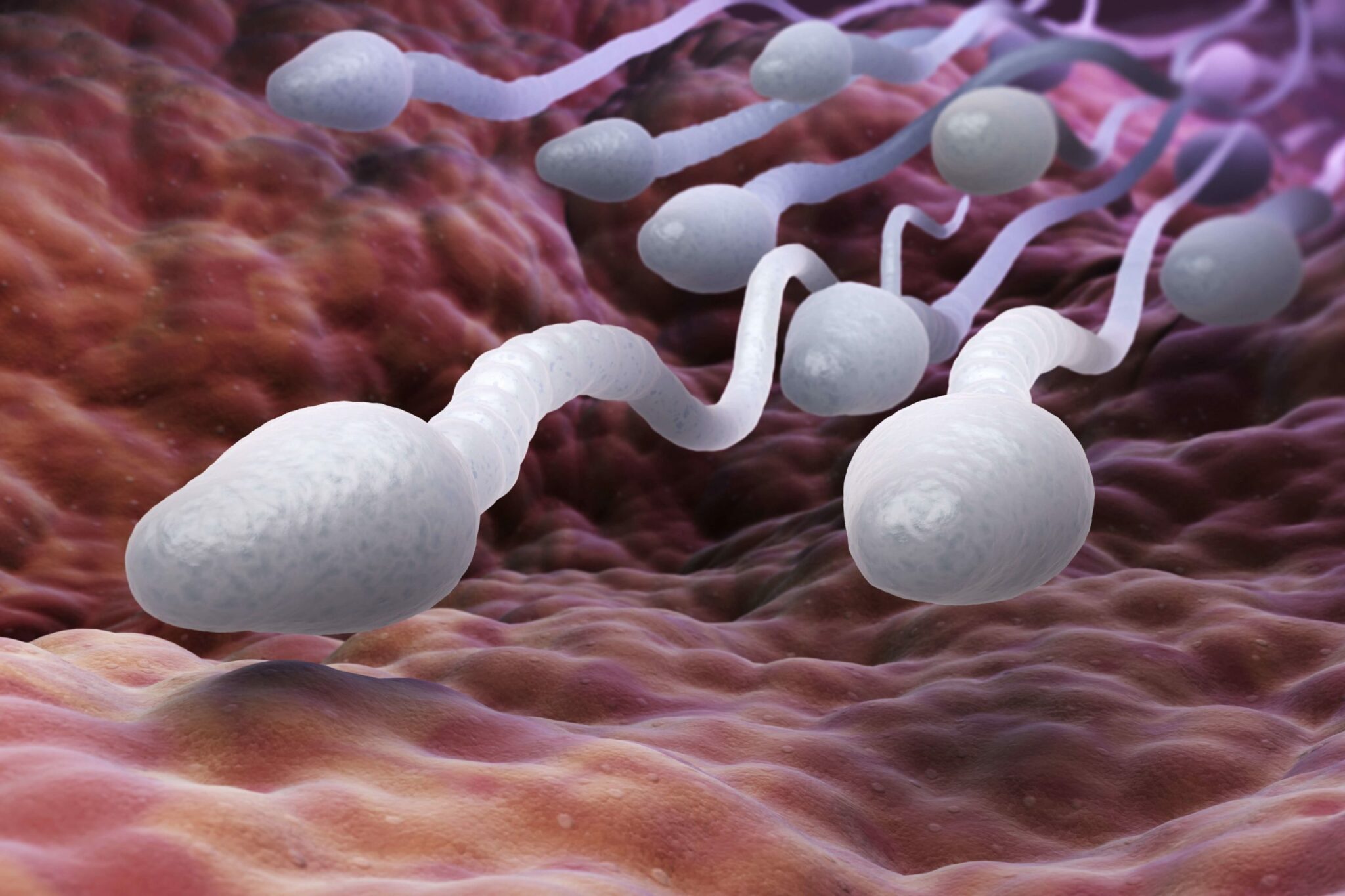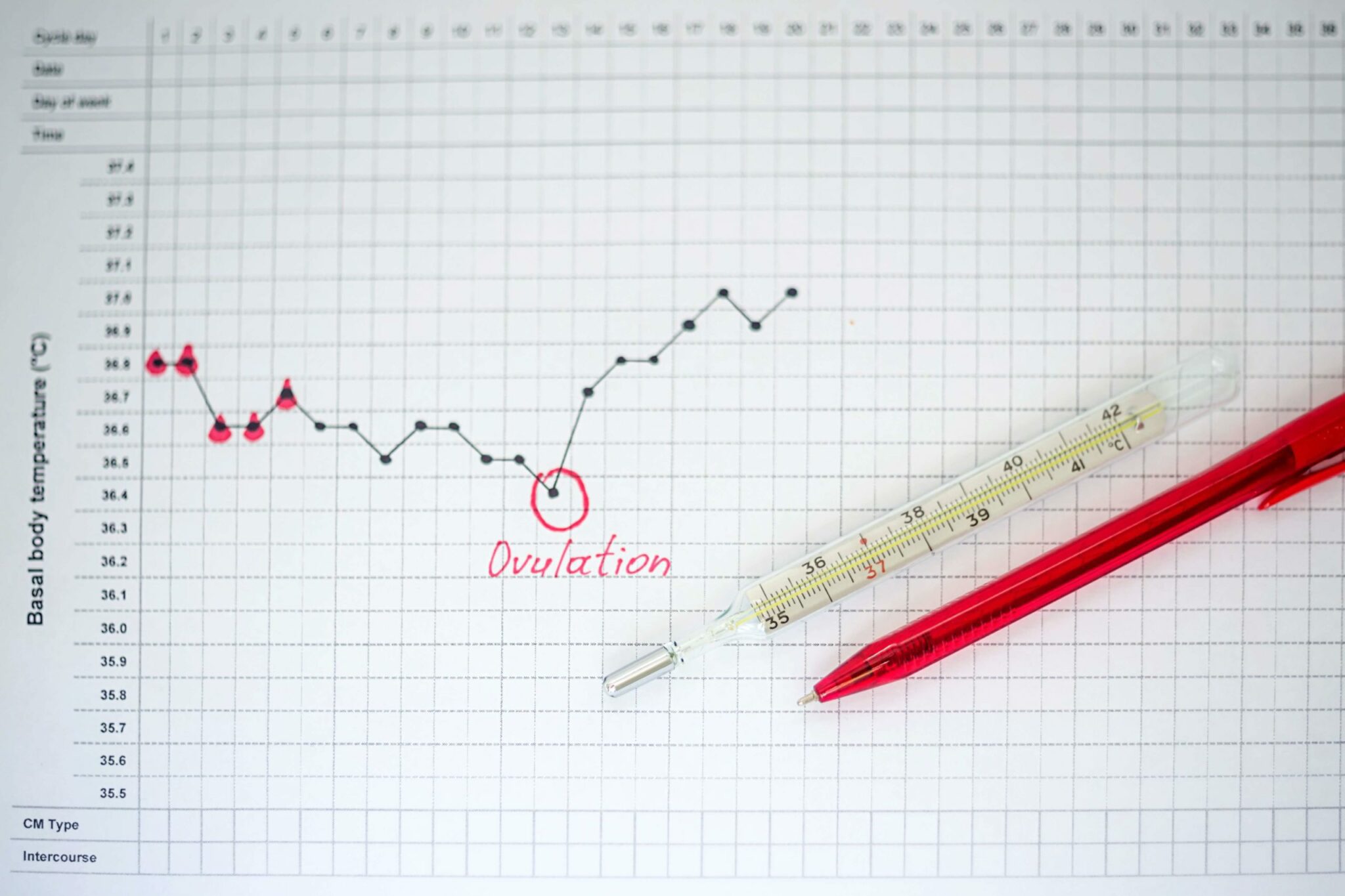Everything you Need to Know About Sperm


What is Sperm?
Sperm is the male reproductive cell. It is produced in the testes from germ cells. Upon reaching puberty, a man produces millions of sperm every day. A sperm is very small, about 0.05 mm long. A mature sperm cell contains a head and a short tail. This head has the genetic material of the male. The sperm is a haploid, which means it contains only 23 chromosomes, unlike the 46 chromosomes found in other cells of the body. This is because during fertilisation, the semen fuses with the egg, the woman’s reproductive cell, which is also haploid, to form a zygote which has 46 chromosomes. The zygote later implants itself in the uterus of the female, becomes the embryo which, if all is well, will develop into a baby. The process of a germ cell in the testes developing into a fully mature semen cell, capable of fertilising an egg, involves a number of steps and the whole process takes about 2.5 months.
Production of sperm and semen
The testes have a system of tiny tubes called seminiferous tubules. These tubes contain simple round germ cells at birth. Once the male reaches puberty, testosterone (the principle male sex hormone), in combination with other hormones, known as androgens, stimulates the development of the germ cells into sperm cells. Once developed, the sperm cells move, first into the epididymis, and then 5 weeks later, into the vas deferens, which is also known as the sperm duct. The sperm cells mix with seminal fluid from the seminal vesicles and prostate gland to form semen. The semen is what enters the female body to fuse with the egg for fertilisation when ejaculated. The seminal fluid promotes the survival of the sperm cells in the female uterus and provides nutrition to the milt.
Impact of sperm on fertility
Males are solely responsible for about 20 – 30% of infertility cases. There are many factors that can affect the health of a male’s sperm, including genetics, the environment, hormonal issues, poor semen quality, and structural abnormalities of the male reproductive system. It is important for a male to maintain sperm health if he is planning to conceive, as sperm quality not only affects the likelihood of successful conception, but also influences the outcome of pregnancy; with abnormal chromosomes,sperm DNA fragmentation and even lifestyle choices having the potential to affect the viability and health of offspring.
Maintaining the health of a male’s sperm
Measures of sperm health include sperm count, sperm strength and how well it moves. Healthy sperm have a well-rounded head and a strong tail that can help them swim fast. A healthy sperm count is about 15 million or more for every milliliter (mL) of semen. Having a high sperm count increases the chances of one of them making it through the female reproductive system and fertilising an egg.
Maintaining sperm health is important for the individual and for future generations. Here are some lifestyle approaches that can help to keep spunk healthy & strong, and to improve fertility:
- Eat well and maintain a healthy diet
- Avoid smoking or using illicit drugs
- Limit alcohol and caffeine intake
- Keep the scrotum cool by avoiding tight trousers
- Exercise regularly but not intensely
- Try to minimise exposure to pesticides and heavy metals
- Minimise physical and emotional stress
- Make sure to get enough zinc and other essential vitamins
It can be stressing sometimes not sure what is wrong try Nabta’s men’s health test and get to learn more.
Nabta is reshaping women’s healthcare. We support women with their personal health journeys, from everyday wellbeing to the uniquely female experiences of fertility, pregnancy, and menopause.
Get in touch if you have any questions about this article or any aspect of women’s health. We’re here for you.
Sources:
- Akmal, M., et al. (2006). Improvement in Human Semen Quality After Oral Supplementation of Vitamin C. Journal of Medicinal Food, 9(3), pp.440-442.
- Blomberg Jensen, M., et al. (2011). Vitamin D is positively associated with semen motility and increases intracellular calcium in human spermatozoa. Human Reproduction, 26(6), pp.1307-1317.
- Colagar, A., et al. (2009). Zinc levels in seminal plasma are associated with semen quality in fertile and infertile men. Nutrition Research, 29(2), pp.82-88.
- Danielewicz, A., et al. (2018). Dietary Patterns and Poor Semen Quality Risk in Men: A Cross-Sectional Study. Nutrients, 10(9), p.1162.
- Fullston, T., et al. (2017). The most common vices of men can damage fertility and the health of the next generation. Journal of Endocrinology, 234(2), F1-F6. doi: 10.1530/joe-16-0382.
- “Male Infertility – Symptoms And Causes”. Mayo Clinic, 2019, https://www.mayoclinic.org/diseases-conditions/male-infertility/symptoms-causes/syc-20374773.
- “Male Reproductive System (For Parents) – Kidshealth”. Kidshealth.Org, 2019, https://kidshealth.org/en/parents/male-reproductive.html.
- Janevic, T., et al. (2014). Effects of work and life stress on semen quality. Fertility and Sterility, 102(2), pp.530-538.
- Jensen, T., et al. (2014). Habitual alcohol consumption associated with reduced semen quality and changes in reproductive hormones; a cross-sectional study among 1221 young Danish men. BMJ Open, 4(9), pp.e005462-e005462.
- Jouannet, Pierre et al. “Semen Quality And Male Reproductive Health: The Controversy About Human milt Concentration Decline”. APMIS, vol 109, no. S103, 2001, pp. S48-S61. Wiley, doi:10.1111/j.1600-0463.2001.tb05801.x.
- Jóźków, P. and Rossato, M. (2016). The Impact of Intense Exercise on Semen Quality. American Journal of Men’s Health, 11(3), pp.654-662.
- Vaamonde, D., et al. (2012). Physically active men show better semen parameters and hormone values than sedentary men. European Journal of Applied Physiology, 112(9), pp.3267-3273.













































